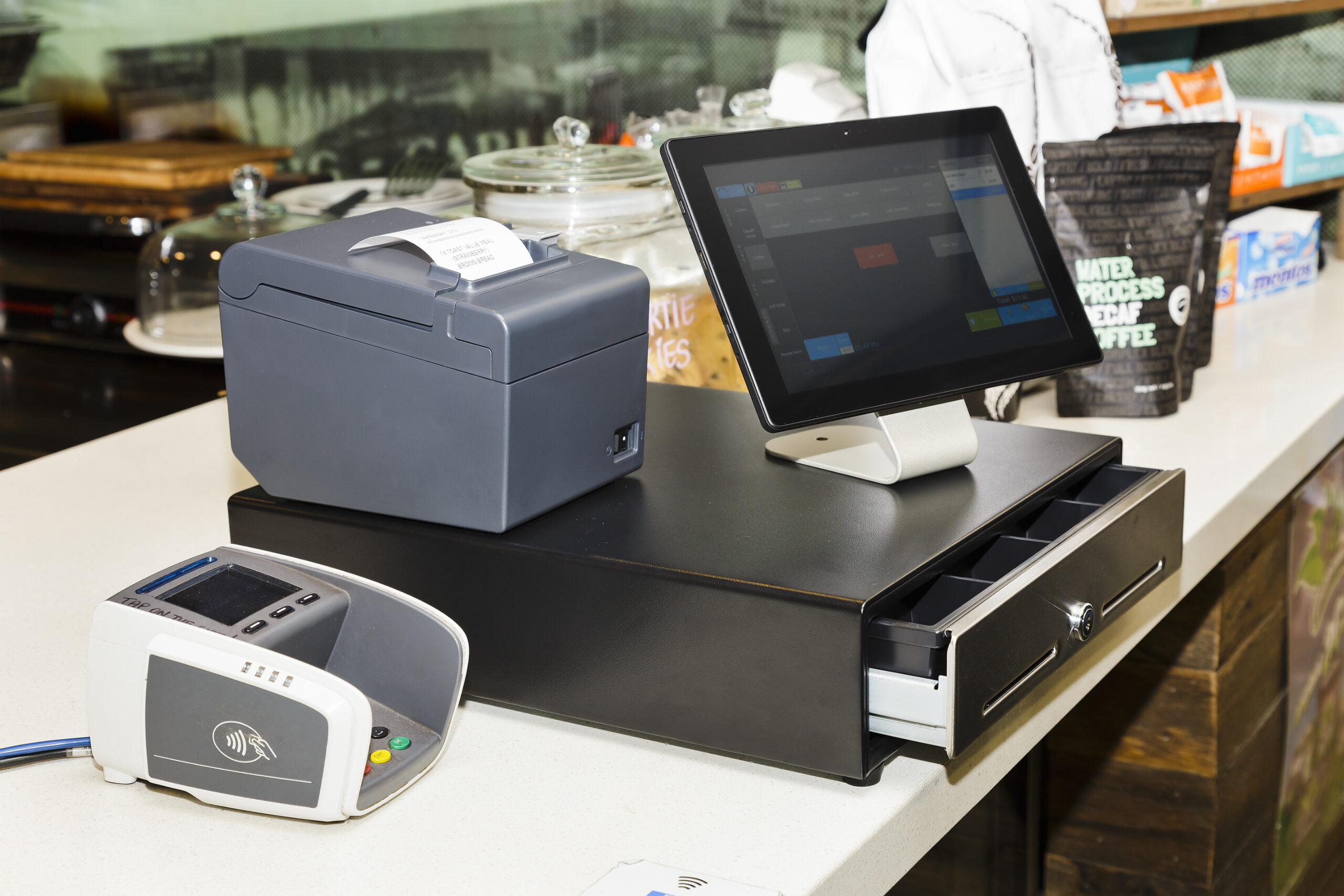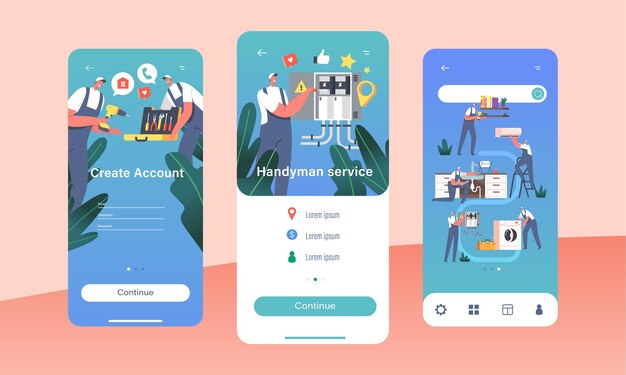The Potential Risks Of Lending A Vehicle To Your Employees
Business owners and managers have to think about liability a lot. You could end up in a legal bind if one of the products you sell isn’t up to code if you’ve misrepresented your services in your advertising (even inadvertently), or for plenty of other reasons. Businesses that are found liable for property damage or injury don’t just face costly court fees – they can face insurmountable damage to their reputation. With all of the caution about liability, it’s a wonder that so many employers lend vehicles to their employees without fully understanding the risks.
There are a number of reasons why you might lend an employee a vehicle. Your business might meet clients for lunch on a regular basis and your representatives might require a vehicle to get to the restaurant. On the other end of the spectrum, you might have a whole fleet of vehicles – limousines, taxis, and the like. We hope anyone in the fleet business is aware that you need special types of insurance when you operate vehicles for the express purpose of carrying passengers for compensation. The types of insurance that are relevant to fleets include increased liability coverage and insurance for damage to the property of passengers. Fleet businesses also understand the benefits of service calls made preemptively; keeping your vehicles in the best possible condition can help reduce liability. These very same principles may apply to businesses who only lend their vehicles to employees occasionally.
The Employer-Employee Relationship and Liability
To understand why you might need increased liability limits on vehicles driven by employees, it’s important to understand some of the principles of liability and the employer-employee relationship. The primary principle, in this case, is vicarious liability. This principle states that if a wrongdoing was done by an employee in the course of completing a task for their employer, the employer bears responsibility. That means if you lend your employee a car and they crash through someone’s fence and destroy their gazebo, you could be held responsible.
It’s worth noting that though you may be held responsible, you won’t always be held responsible. An employee can be on a frolic of their own, otherwise known as frolic and detour. Using the example from earlier, if en route to deliver a package at your request, the employee drives through the aforementioned fence, you may be held liable. On the other hand, if the employee drives through the fence after having gone 20 blocks out of the way because they wanted to visit their friend, they may be considered on a frolic, and you may not be liable.
There are quite a few other technicalities you should know about when it comes to the employer-employee relationship and liability. NOLO has compiled quite an interesting article on the subject that’s worth a read (though it’s not specifically related to lending vehicles). Of note, the concept of careless hiring and retention is highlighted. This concept is quite simple: if you’ve hired someone who you suspect is a danger to you or other people and you let them continue to work for you after discovering their incompetence/maliciousness, you’re more likely to be on the hook for any problems they cause.
Vehicle Insurance and Employee Use
Now that we’ve gone over the employer-employee relationship, it’s worth discussing insurance and insurance premiums. Your vehicle insurance policy might have sufficient liability coverage to cover damages caused by an employee, but it may not. Employers who know their employees are likely to borrow their vehicles should consult with their insurance broker in order to confirm they have sufficient liability coverage.
The flip side of increasing the liability insurance on your vehicle is that you may have to adjust your budget in order to accommodate for the higher premiums. What’s more, should you be found liable for an accident, your premiums are sure to skyrocket whether you’ve lent your personal vehicle or a vehicle that is used exclusively for your business. Keep this in mind before lending your vehicle out – there are a lot of risks.
One final insurance-related risk worth mentioning is what happens if you give an employee a vehicle when they don’t have a valid driver’s license. In these circumstances, your insurance policy won’t respond and you might have no liability insurance whatsoever. For these reasons, it’s incredibly important that you physically verify the validity of the driver’s license of any employee to whom you lend your vehicle.
Mitigating Your Risk
We’ve gone over a lot of things that can go wrong when you lend your vehicle out to employees, but despite all of the risks, many business owners will continue to lend their vehicles. That’s understandable; the practicality of lending your vehicle can often exceed the risks. There are a number of ways that you can preemptively mitigate your risk so that if you do need to lend your vehicle, you feel a bit more comfortable about it.
The easiest risk to lessen is careless hiring and retention. Though it can be uncomfortable, to reduce your liability for careless hiring and retention, you simply have to fire employees who are not up to the task. Should you suspect you might be found liable for careless hiring and retention, at the very least do not lend that employee your vehicle.
You might be found negligent if an accident occurs and your vehicle was found to be in disrepair. Pulling from our earlier example, if your employee plowed through the fence because your car had no brakes, you may well be found liable – why did you lend someone a brakeless car? To avoid this, make sure your vehicle is well-maintained and if possible, include security measures that are above industry standards as a demonstration of your commitment to safety and security.
The best way of mitigating your risk, of course, is to avoid lending your employees vehicles altogether. That said, when doing so is an impossibility, you should talk with an insurance broker to see if there’s commercial auto insurance you can purchase. Instead of lending a vehicle that’s in your name, you can lend a vehicle that’s in the company’s name and that exists under an insurance policy designed specifically for employee use.











